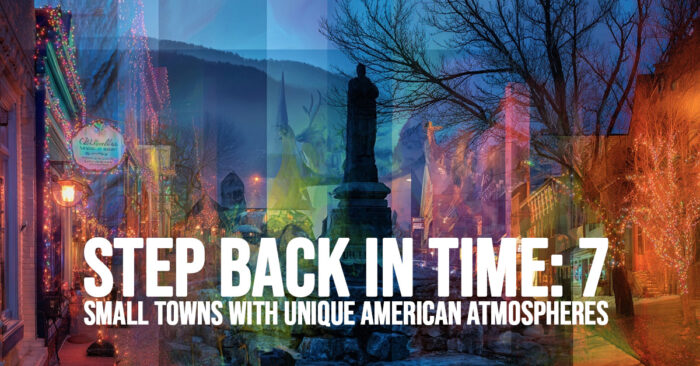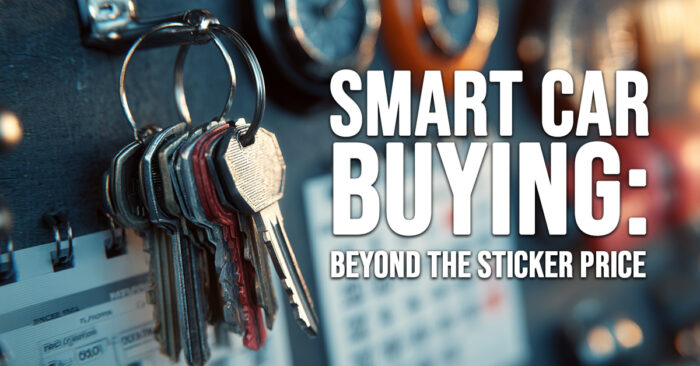“High Risk” Drivers

Insurance companies will label you as “high risk” if they determine you are more likely to file a claim than another driver. How do they decide what your risk level is?
- Your location. If there’s a lot of accidents, crime, and bad weather in your part of town, your “risk” level will go up.
- DUI/DWI. You are definitely a high-risk driver in this case. The DUI will stay on your record for ten years, making you ineligible for a safe-driving discount, which puts you at a higher premium for a decade.
- Your vehicle. If you have a mini van designed for driving children around, your insurance will likely be cheaper than if you’ve got a sports car.
- New to driving. It’s hard to learn without experience. The longer you’ve been driving, the better you are at it, the less risk you have while driving. The younger, the riskier. Three years or more of driving experience makes your eligible for a lower rate.
- Depending on your state, your credit plays a role in the price of your car insurance. Carriers rate based on your responsibility to make payments on time.
- Your driving record. Obviously, if you have any claims or tickets on your record, they’ll charge you more to insure your car. This is to make sure both you and the company are covered if you do have a claim.
- Your mileage. If your work is not too far from home, you’ll be paying less in both insurance and gas.
Depending on how risky things look on your record, the insurance companies can even deny coverage. These are some of the many factors that are considered when carriers rate your premium.
 By: KayLynn
By: KayLynn
Do you have questions about your insurance? Find an insurance agent near you with our Agent Finder
Search All Blogs
Search All Blogs
Read More Blogs
Step Back in Time: 7 Small Towns with Unique American Atmospheres
Discover America’s most atmospherically unique small towns.
Beyond the Bar: Customer Service Lessons from the Best Bartenders
Unlock customer service secrets from your favorite bartender.
Your Safety Net Has a Safety Net: Understanding the Life Insurance “Free Look” Period
Discover your life insurance policy’s “free look” period.
From Edsel to Yugo: Three Automotive Flops That Made History
The biggest blunders in automotive history.
Stay or Go? Why Improving Your Current Home Might Be Your Best Move Yet
Love your home, don’t leave it! Discover why improving beats moving.
The Unforgettable Eight: Women Who Captured Our Hearts
Meet the eight women who are loved by all.
Elevate Your Enterprise: 11 Smart Ways to Boost Business Professionalism
Boost your business’s professionalism without breaking the bank.
Lightening the Load: A Guide to Decluttering for Your Loved Ones
Declutter for peace of mind, yours and theirs.
Smart Car Buying: Beyond the Sticker Price
Unlock the hidden costs of car ownership.
6 Simple Steps to Supercharge Your Home Security
Simple, affordable ways to protect your home.









